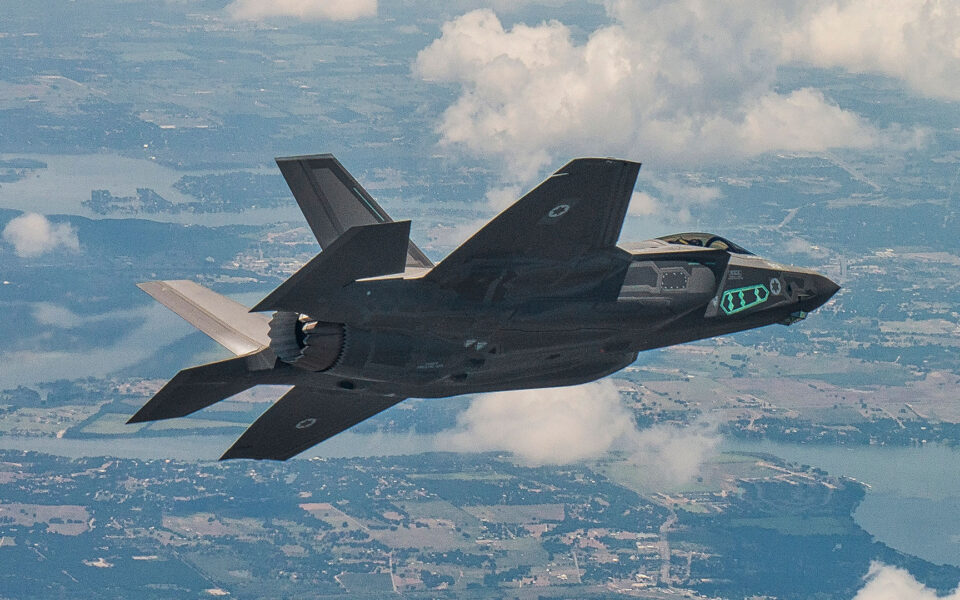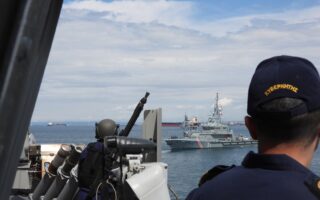Greece opting for a new defense model

Greece has made a strategic decision to opt for quality, innovation and strengthening of its domestic defense industry, over quantity, the static traditional way of doing things and the total reliance on foreign weapon systems. The recent sweeping changes to the military leadership reflect the intention to move into a new era, building the “armed forces of 2030.”
As Defense Minister Nikos Dendias told Kathimerini in an interview. The challenges faced by the country because of its geographical position, as well as the situation in the broader vicinity, demand a radically different approach.
The selection of the new chief of the Hellenic National Defense General Staff, General Dimitris Houpis, a PhD with honors in information transmission systems (from the National Technical University of Athens’ Department of Electrical and Computer Engineering), can only be seen as a reflection of the new direction Greece will take and the new model it will implement.
The experience in Ukraine, and more recently in Gaza, as well as before that in the Caucasus, has led to the conclusion that Greece needs to create a new model of both military production and defense posturing.
It needs to invest more in its human capital to maximize the latter’s potential, as well as in its own military industry, with an emphasis on developing low-cost, high-potential systems. The two state-owned companies, Hellenic Aerospace Industry (EAV) and Hellenic Defense Systems (EAS), have to evolve in a way that covers the present and future security needs of the country.
We are waiting with interest to see if the new legislation concerning the modernization of the armed forces will deal effectively with promoting new production capabilities that can be linked to the evolving defense needs of the country, taking advantage of domestic civilian and military research.
Creating a whole new defense ecosystem and moving the Hellenic Armed Forces to the next generation, with new technologies, such as drones, telecoms and IT technology and electronic warfare, is an existential prerequisite for the country’s security, and thus, the challenge for its new military, as well as the political, leadership.





